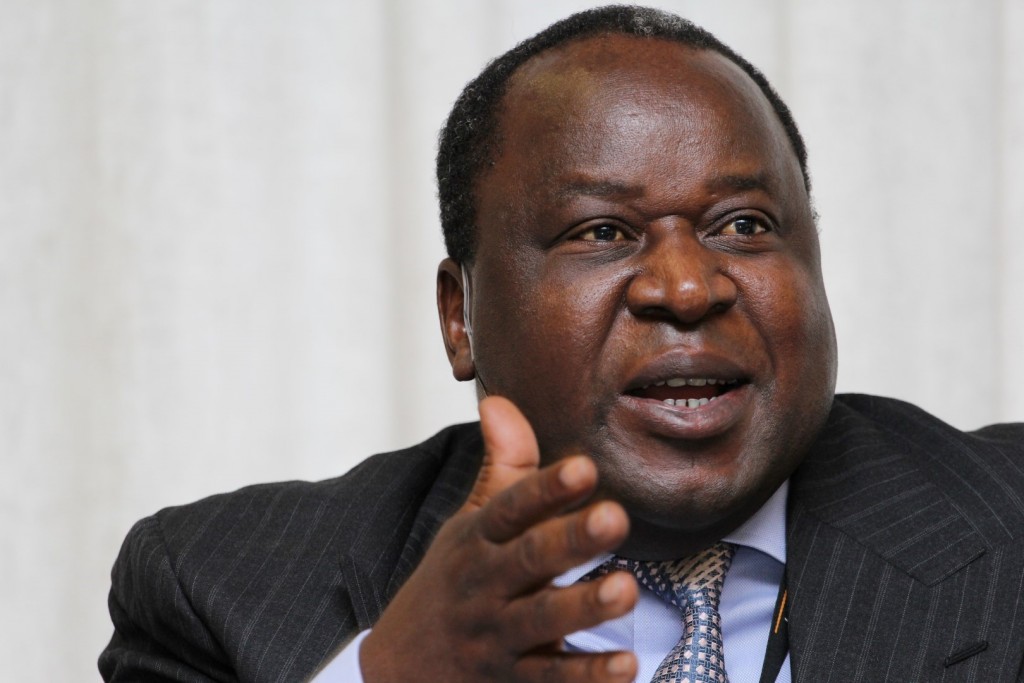Finance Minister Tito Mboweni is not expected to announce any major changes to corporate, personal income tax as well as value added tax (VAT) in his budget speech on February 20, according to Deloitte Africa tax & legal.
Delia Ndlovu, Deloitte’s tax & legal managing director said instead they believe the emphasis will be on increasing efficiency when it comes to tax collections.
Angelique Worms, Deloitte’s director for global employer services said at a media briefing on Thursday they do not anticipate too many changes to taxes in an election year.
The tax collection gap has been widening in recent years and the Nugent Commission of Inquiry into governance at the South African Revenue Service (SARS) found this was partly due to changes made under former commissioner Tom Moyane.
Government has been raising taxes in the last three fiscal years in response. The VAT rate was increased from 14% to 15% in April 2018. . In 2017/2018, a new tax bracket was added of 45% for people earning over R1.5m per annum. Personal income taxes were also increased by 1% point in 2015/2016.
Mboweni’s Medium Term Budget Policy Statement (MTBPS) was a careful juggling act with modest economic growth expectations for 2019 and rising government debt He did not forecast then any major tax increases for 2019/2020. The MTBPS usually warns of revenue changes in the fiscal year ahead without giving specific details.
Mboweni also announced in October that R1.6bn would go to SARS to improve its revenue collection system
Ndlovu said it is possible SARS could recruit back some of the people who left under Moyane and she hopes the revenue agency embraces technologies such as blockchain and robotics.
Indirect taxes rise
The audit firm anticipates “sin taxes” on alcohol and tobacco will be raised as well as the fuel levy to fund the cash strapped Road Accident Fund.
Severus Smuts, director of indirect tax said there could be room for government to increase the “sugar tax” and widen the number of products affected, under the banner of a “health promotion tax”.
Smuts added South Africa is part of a global trend of increasing indirect taxes such as VAT and fuel levies and not hiking the direct side, such as income or corporate tax.
A report on inequality by Oxfam International, earlier in January found the gap between rich and poor is rising due to an increase in indirect taxes, which affect all citizens while governments fail to clamp down on tax avoidance by corporates and high net worth individuals.
Smuts said it is difficult to shelter poorer households from rising VAT and fuel costs but if government zero-rates too many items, well-off consumers will largely benefit from the price cuts.
“The only way you can really compensate poorer households is to increase social grants,” Smuts said.
Following a review by an advisory panel, white flour, cake flour and sanitary towels will be added to the list of 19 VAT free items from April 1.
SA’s fifth general elections are expected to be held in May, on a date that is yet to be announced.
[source: News24]





 WhatsApp us
WhatsApp us 

